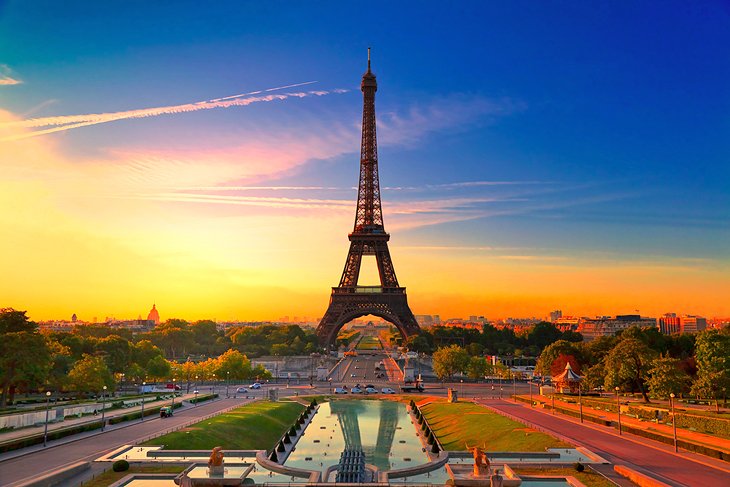15 Oldest Countries in the World-13 Will Amaze You
13. France (600 BCE)
France is a country located in Western Europe. France shares borders with Belgium, Luxembourg, Germany, Switzerland, Italy, Spain, Andorra, and Monaco. It has coastlines along the Atlantic Ocean, the English Channel, and the Mediterranean Sea. France has a rich and complex history, dating back to ancient times. It was inhabited by Celtic tribes before being conquered by the Romans. Over the centuries, France emerged as a powerful feudal kingdom and played a central role in European politics, culture, and warfare. The country features diverse landscapes, including the rugged Alps and Pyrenees mountains, rolling countryside, and picturesque coastal regions. Paris is the capital and largest city of France, renowned for its iconic landmarks such as the Eiffel Tower, Notre-Dame Cathedral, and the Louvre Museum. Other major cities include Marseille, Lyon, Toulouse, Nice, and Bordeaux.

France is the most populous country in the European Union, with a population of over 67 million people. It is known for its cultural diversity, with significant immigrant communities from former French colonies and other countries around the world. French is the official language of France and is widely spoken throughout the country. France is also known for its influence on global culture through its language, cuisine, and arts. Napoleon Bonaparte, a military general, seized power during the French Revolution and later declared himself Emperor of the French. His conquests reshaped the map of Europe and spread revolutionary ideas across the continent. Despite his eventual defeat, Napoleon’s legacy continues to influence French politics and society. In the 19th and 20th centuries, France experienced periods of political instability, industrialization, and colonial expansion. It played a significant role in both World Wars and emerged as a founding member of the European Union in the aftermath of World War II.